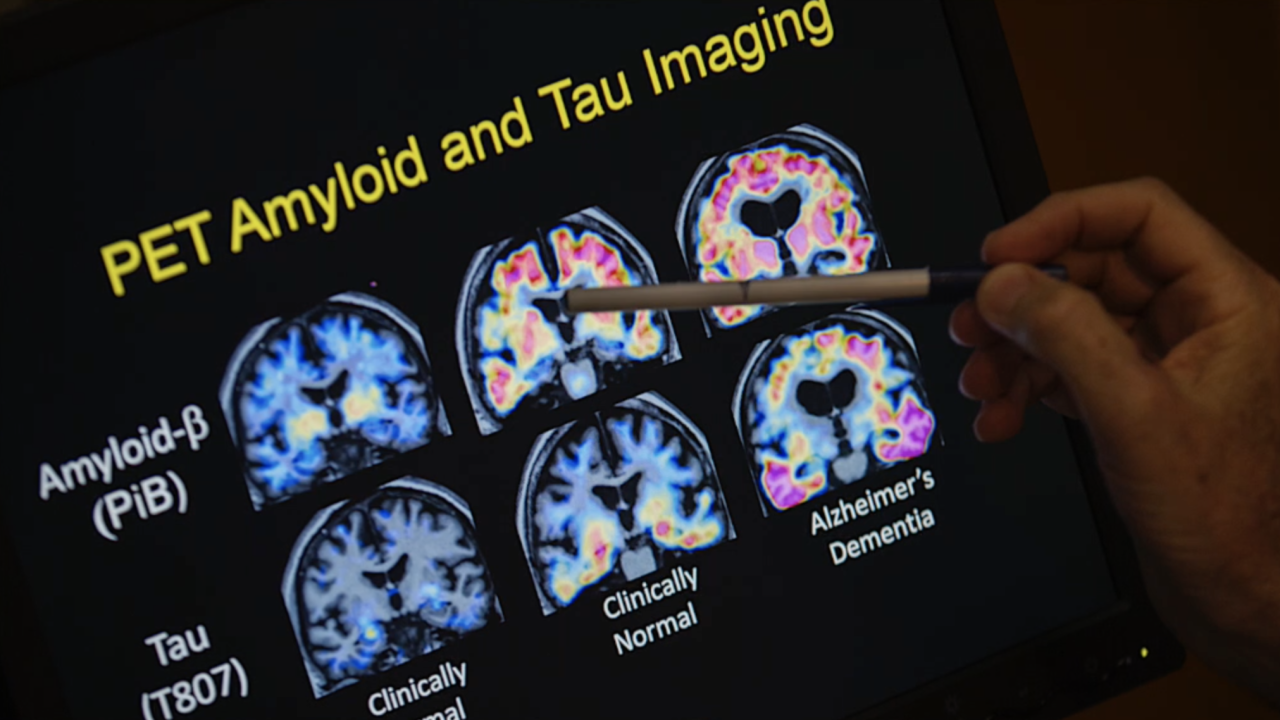OHIO — A life-changing drug that has been shown to slow down the progression of Alzheimer’s has people like Camren Harris hopeful for the future.
“The impact that it can have is amazing because it will give families more time,” Harris said.
Harris said he still wishes he had time with his grandfather, who suffered from dementia.
“I remember thinking to myself, I'm like, man, if I would have just been a little bit more educated, a little bit more aware of some of the things that could have benefited my grandfather, right? He's done so much for me. I wish I could have done, you know, so much more for him,” said Harris.
Harris told News 5 he’s found a way to honor his grandfather’s life by now serving as the Alzheimer’s Association Public Policy Manager.
This way, he said he can advocate for better treatment and the advancement of medicine in drugs like Lecanemab.
“Now we're finally here where we're starting to see drugs kind of slow down the progression of the disease,” said Harris.
One of the hospitals where this FDA-approved drug is currently undergoing treatment is the Cleveland Clinic, where Dr. Dylan Wint said 19 people in Las Vegas and 12 people in Cleveland are being treated, with more on the horizon.
“It's the first disease-modifying drug that is available to the general public for the treatment of Alzheimer's disease,” said Wint.
Wint said Lecanemab removes amyloid protein from the brain to slow Alzheimer’s in people with symptoms in the early stages.
He says there’s still a lot more research they need to understand once the 18-month treatment course ends.
Meanwhile, Consumer Advocacy Group Public Citizen has expressed concern over the drug due to side effects like brain swelling and bleeding risks.
“People can have what are called microhemorrhages, small leaks of blood into the brain or hemorrhages, larger leaks of blood into the brain or swelling when fluid leaks out of the blood vessels,” said Wint.
But, Wint said these side effects occurred in 12 to 15% of study participants, with less than 1% of people experiencing hospitalization or getting a permanent disability from the drug.
“In the vast majority, it doesn't cause any symptoms; so, we have to look for it to make sure that patients are safe,” said Wint.
At this time, Lecanemab is not available for people with moderate or severe Alzheimer’s.
But, Wint said they are doing clinical trials for those who don’t have Alzheimer’s symptoms but do have amyloid accumulation in their brains.




